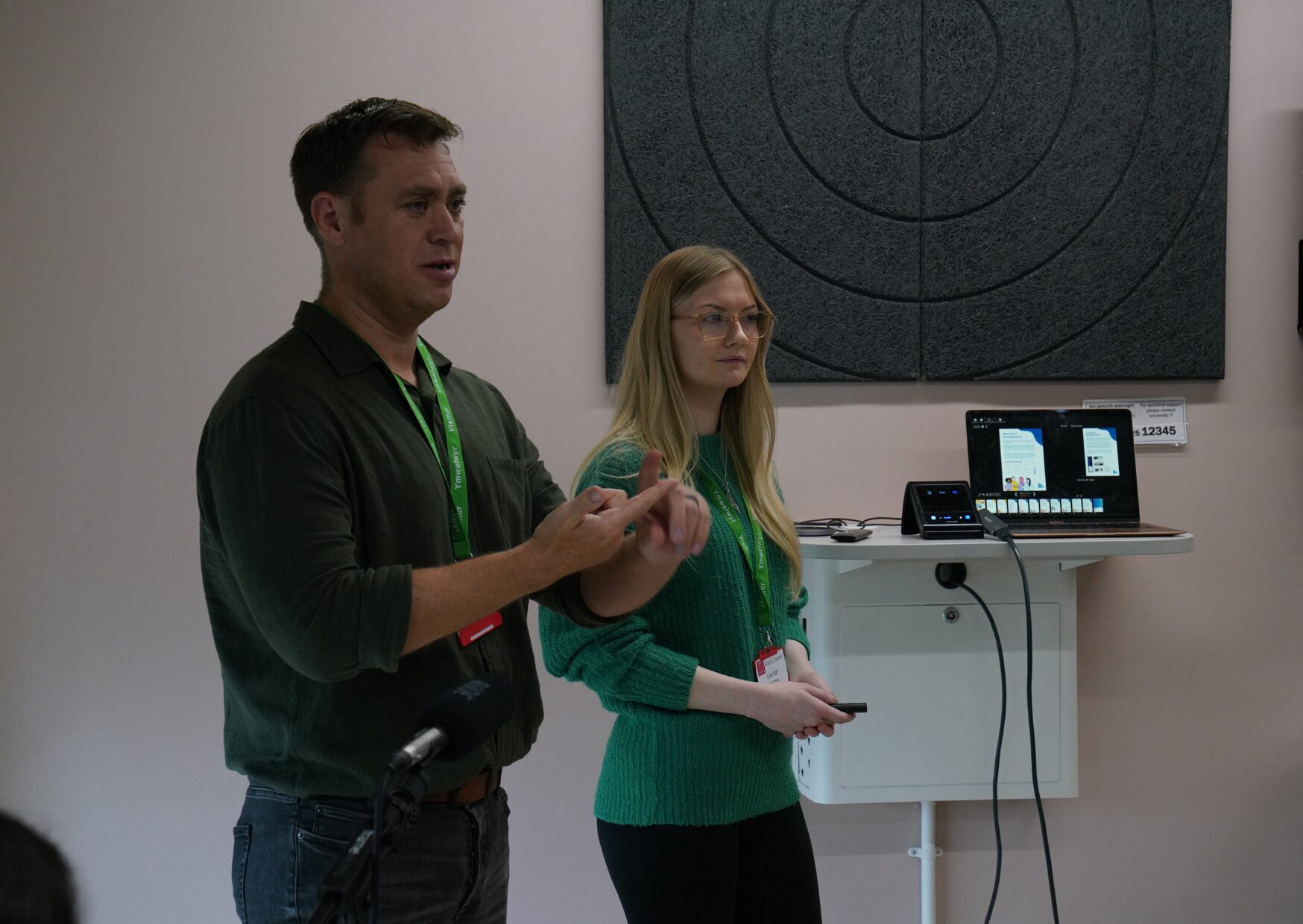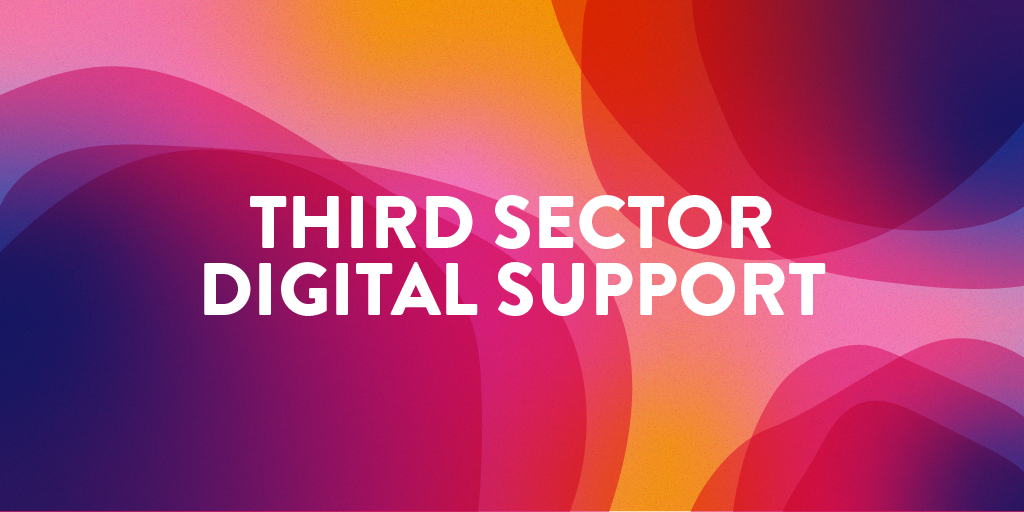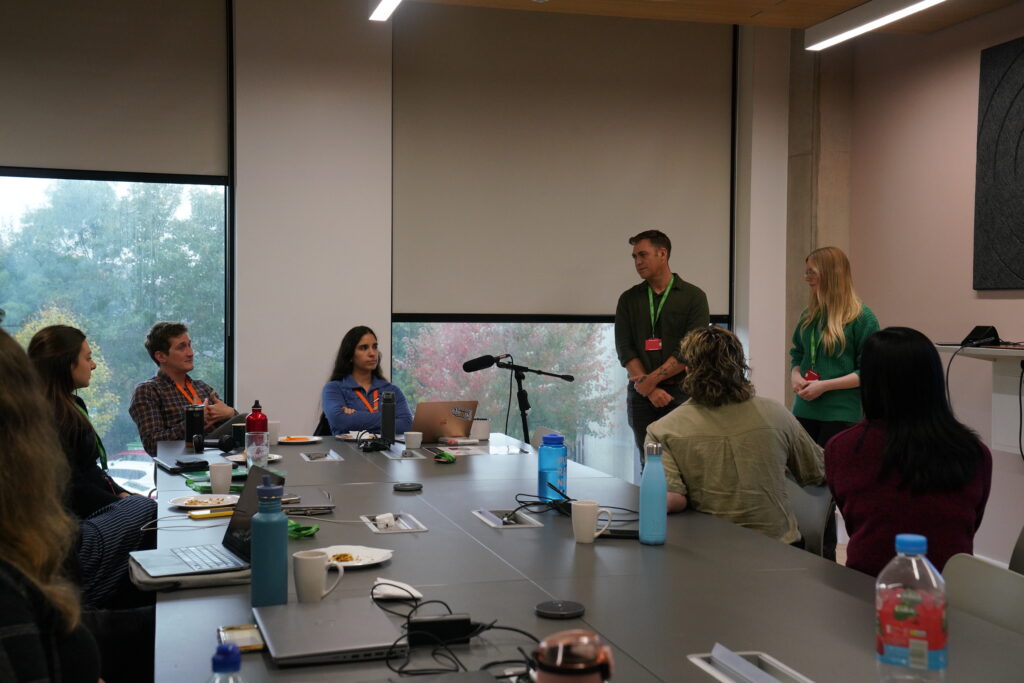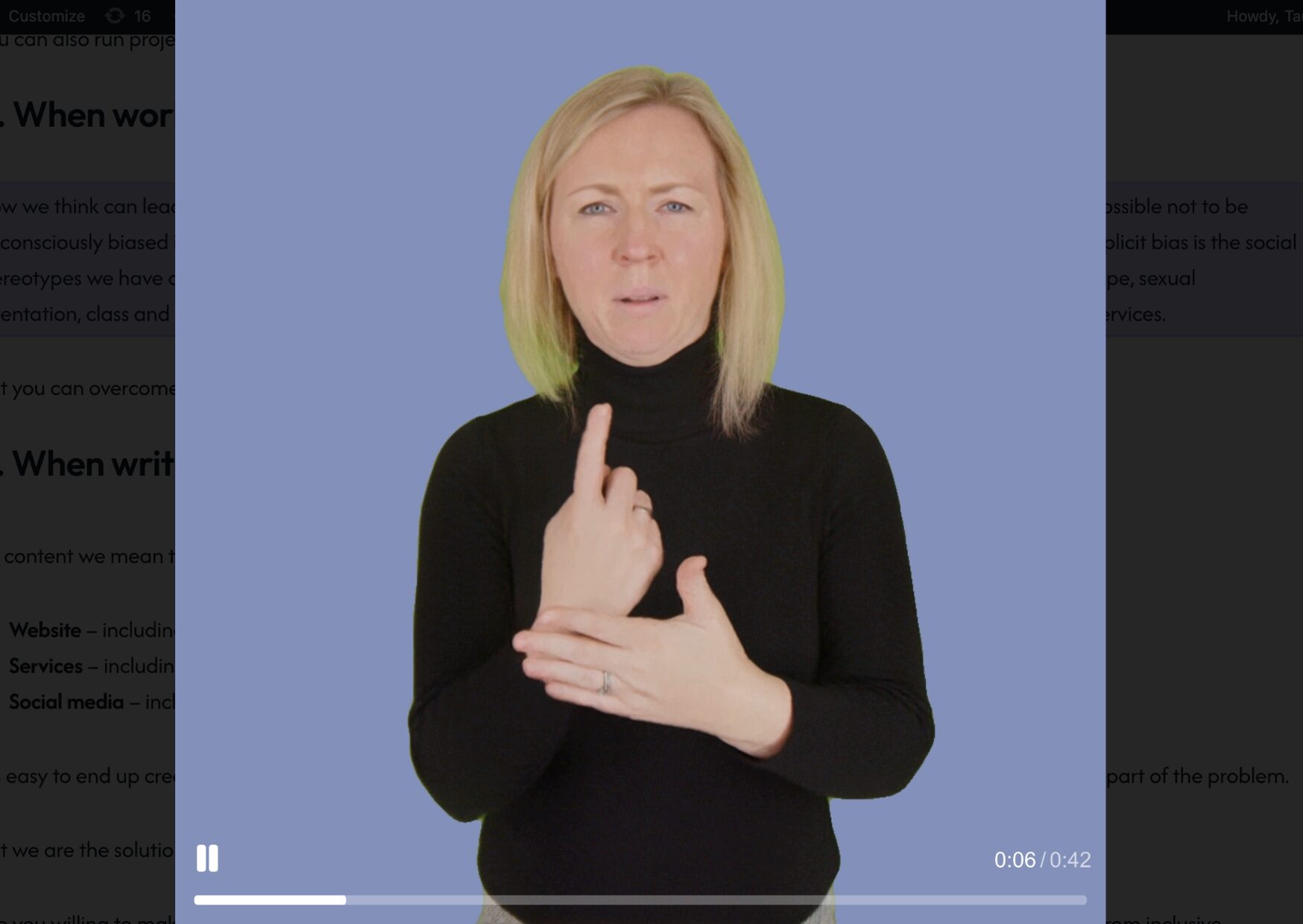
The Importance of User-Centred Design and Testing Ideas

ProMo Cymru supported Tempo to improve their digital Tempo Time Credit platform, making it clearer, more accessible and engaging for users and staff.
What was the problem?
Tempo is a registered charity working with the community to encourage people from all walks of life to get involved with volunteering. Their volunteer reward scheme, called Tempo Time Credits, allows volunteers to earn points in return for voluntary hours. Time Credits can then be exchanged for a volunteer’s choice of services and activities, from a swim at the local leisure centre to cinema tickets.
In October 2019, Tempo launched a user-designed minimum viable product digital platform in a small number of projects. Following testing and further user feedback, this was launched to the remainder of the Charity in January 2020. It now serves as the main platform for their Time Credit Model. Tempo no longer uses Paper Time Credits, and all their current groups, partners, and volunteers are registered on the digital platform.
Small bug fixes have been made to the platform over time, but Tempo felt that they needed to do more to meet the evolving user and community needs. A problem identified was the need for clearer and more accessible information on the platform for volunteers and staff. Volunteers expressed confusion when trying to locate offers and how to redeem Time Credits. Staff also faced difficulties when explaining these offers to volunteers, impacting their ability to confidently promote the platform. The focus was on improving the user interface and the overall user journey to make it more intuitive and engaging.

Our approach
Excited by the prospect of using digital service design to help support their goals, Tempo joined ProMo Cymru’s Digital Service Design Programme in 2024.
Through this programme, third-sector organisations in Wales receive training, mentoring and guidance to design and develop a new digital service or rethink existing services using the service design methodology. Participants follow the Discover, Define, Develop and Deliver process to find user-focused solutions that make a real difference.
The course aims to provide participants with the knowledge and skills to design user-centred digital, accessible services that lead to delivering better outcomes for communities in Wales.

Researching user needs
User research revealed that both volunteers and staff needed clearer visual representations and easier access to information regarding offers. Volunteers sought immediate clarity about how to use Time Credits without needing to navigate through multiple pages. The lack of an intuitive design led to uncertainty, which discouraged usage. Staff, on the other hand, needed a streamlined resource to confidently guide volunteers.
Small but impactful changes
Tempo focussed on introducing the ‘Remember Location’ feature, which automatically identifies and displays the nearest offers to the user’s location.
They also worked on changing the display to make it more intuitive. Clear icons indicating how to book activities were added to the main grid of the activities page. A key was included for reference, ensuring users could quickly understand and access booking information without reading through lengthy paragraphs.
This prototype aimed to provide volunteers with immediate, clear, and accessible information, enhancing their overall experience.
A staff member from Tempo shared that:
“We learned to keep this stage simple, and not over-engineer the design. Through listening to our service users, we learned that it wasn’t a whole platform change that was needed. We mocked up visuals on how this could look and reached out to volunteers who have overwhelmingly supported this feature.”

Outcomes and learning
The updates have significantly improved the accessibility and ease of use for volunteers, helping them confidently explore and utilise their Time Credits. By simplifying how information is presented and making it more visually engaging, volunteers are more likely to interact with the platform, increasing Time Credit usage.
Increased usage of Time Credits will play a significant role in volunteers’ mental and physical health as they are rewarded for their time, as well as acting as a draw for people to get involved with volunteering.
Following the Digital Service Design Programme, Tempo is embedding the learning from this course into their strategy, working with key staff to deliver user-led feedback on an ongoing basis to constantly provide live feedback on a number of different user journeys within their platform.
When asked about the most useful and challenging aspects of the course, Tempo stated:
“The emphasis on user feedback and prototyping was important. Understanding the importance of user-centred design and being able to test ideas through prototypes before full implementation have been valuable. It highlighted the importance of listening to users’ needs and integrating their feedback to ensure that the platform delivers an effective and engaging experience. The most challenging part was filtering through the wide array of user feedback to prioritise the most critical needs. Balancing the immediate fixes, such as improving visual clarity, with long-term technical developments like the icon feature, required careful consideration.”
Interested in the power of service design for your organisation?
At ProMo Cymru, we help organisations to design better services with people using a service design methodology. Our approach combines our experience in youth work, community organising, co-design, and cultural engagement and is underpinned by our thinking in digital creativity.
Halyna Soltys
28 January 2025

Service Design

Third Sector Digital

Related Articles


ProMo Cymru
Signapse: Using AI to Improve Accessibility for BSL Users
ProMo Cymru is partnering with Signapse AI to make digital content more accessible through British Sign Language (BSL). Through this partnership, ProMo is exploring how AI assisted BSL translation can support digital communication while saving time and reducing barriers to implementation. Signapse is a Deaf-first organisation using AI to translate written content into high-quality sign […]


News
From Wales to Malta: Highlights from the 4th European Youth Work Convention
Earlier this year, ProMo Cymru’s Communication and Content Officer, Halyna Soltys, had the opportunity to attend the 4th European Youth Work Convention in Malta. The event, which only happens every 5 years, brought together over 500 members of the youth work community, including policymakers, researchers, and youth workers. The convention was a huge learning experience […]


Codesign
Transforming Youth Mental Health Access Through Co-production in Gwent
Young people and mental health professionals are working together to directly improve services for youth in Gwent. Young people co-leading the Mind Our Future Gwent (MoFG) project have been working with Gwent SPACE-Wellbeing Panels to improve access to mental health services. The panels are a single point of access for children’s emotional wellbeing and mental […]
